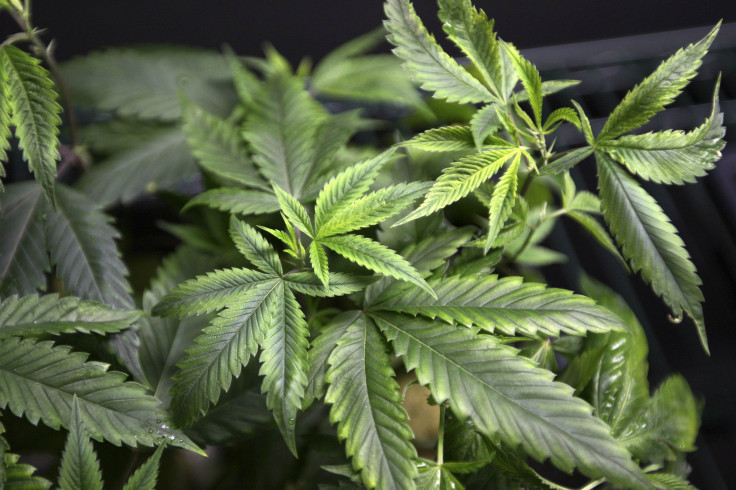Minnesota To Add Pain Patients To Medical Marijuana Program

MINNEAPOLIS (Reuters) - Minnesota will expand its medical marijuana program next year to include patients suffering from intractable pain, the state's health commissioner said on Wednesday.
The program, which started in July, allows patients suffering from a limited number of severe or fatal illnesses to use marijuana in a liquid or pill form. Officials plan on serving about 5,000 patients and 760 are approved so far.
Dr. Ed Ehlinger, the health commissioner, said a lack of firm scientific evidence about the benefits and risks made the call difficult, but the testimony of hundreds of Minnesotans made adding intractable pain as a qualifying condition the clear choice.
"This gives new options for clinicians and new hope for suffering patients," Ehlinger said in a news release.
The legislation legalizing medical marijuana in Minnesota started with nine qualifying conditions and required the health commissioner to consider adding qualifying conditions, starting with intractable pain.
Patients certified as suffering from intractable pain can receive medical marijuana starting in August 2016, he said.
An advisory panel of clinicians and health care providers recommended against adding intractable pain as a qualifying condition, he said.
Opponents of the bill legalizing medical marijuana were concerned that it could lead to wider use of the drug, particularly among children, and serve as a first step toward legalization of marijuana for recreational use in Minnesota.
Current conditions covered by the program include cancer; seizures including epilepsy; glaucoma; multiple sclerosis and other disorders that cause severe muscle spasms; amyotrophic lateral sclerosis; HIV; AIDS; and Crohn's disease.
(Reporting by David Bailey in Minneapolis)



























